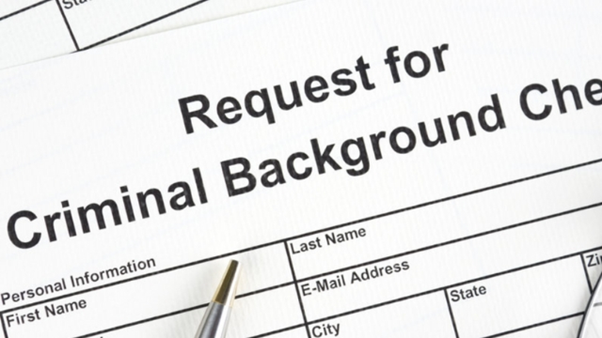Section 12 of the Penalties and Sentences Act 1992 (Qld) gives the Court the discretion to determine whether a conviction should be recorded on an individual’s criminal record if they are found guilty of an offence.
The Magistrate will take into consideration various factors when deciding about recording a conviction including:
- The severity of the offence. If the offence is not considered to be particularly serious compared to others and has no aggravating factors, then the offender may avoid a criminal conviction.
- Individuals’ criminal history. The Magistrate will try to determine whether the individual is a habitual offender, or if the offences are progressively more serious in nature. First time offenders who have not committed a serious crime are more likely to have no conviction recorded.
- The socio-economic circumstances of the individual. The Court will look at whether the individual would be disproportionately affected by having a criminal history – such as a reduction in likelihood of employment due to a criminal record.
Your lawyer would assess each of these factors and present them to the Court to try and reduce your likelihood of having a conviction recorded against you.
Even if there is no conviction recorded, the offence will still be on your history and can only be viewed by very specific people if they are given permission (such as police and courts). It is up to you whether you share this with other people.
You may have your criminal history searched when you apply for a certain job (particularly in the government or in the police service), apply for a visa, adopt a child and potentially with certain types of insurance.
By having no criminal conviction recorded by the Court you can say you have no criminal record. You would have to admit if you are asked if you have been charged for breaking the law, or if you have ever been convicted in the Queensland Courts. You should not mislead people regarding your criminal history, or you may be punished or have your employment terminated.
The court will likely give you a penalty such as a Community Service Order or a fine if they decide to record no conviction, but if you fail to meet these penalties you can be re-sentenced and have the conviction recorded later.
This is not a completely comprehensive discussion on getting a conviction recorded, and it is strongly suggested if you are in this situation that you contact a lawyer.
If you have any questions about this article or any other topic of law, please call our team of experts on 1300 066 669.





